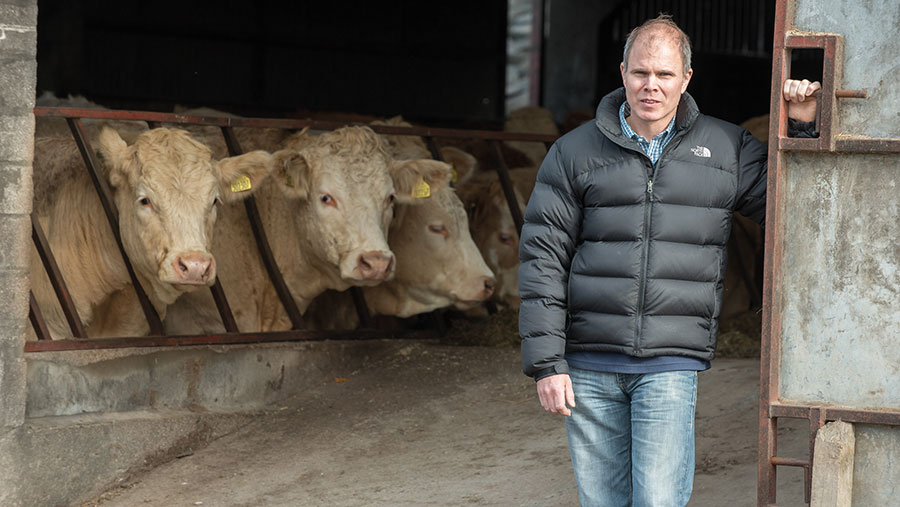Farmer Focus: Doubts over winter cover crop and reduced tillage
 © Angus Findlay
© Angus Findlay After a wet start, November turned out to be a pleasant month. The ground dried out and allowed for a good start to winter ploughing.
I attended a couple of meetings last week on the topical subject of the carbon impact from farming.
See also: Farmer Focus: Carbon neutral and net zero – biggest scam yet
The potential benefits of winter cover crops and reduced tillage in the spring were highlighted, and while I do see merit in this approach, I have some reservations.
The first is the lack of growth of cover crop established in the second half of September at our latitude, and secondly the time needed in spring for undisturbed soil to dry and warm up.
I will, however, watch with interest to see how those trying this approach get on, so that by the time the Scottish government gets around to deciding upon a future agricultural support scheme, we may know what will work within this new policy.
In the meantime, we will carry on with the proven and reliable plough-based system, as with current input costs we cannot afford any yield penalty.
As I applied the last of the OSR fungicide last week, I was intrigued to hear Jeremy Vine on BBC Radio 2 announce a discussion on farm accidents.
He interviewed a farmer who had remarkably survived being impaled on a bale spike, the details of which became a bit more graphic than I would have liked just after lunch.
The efforts of the emergency services to save this man’s life are to be applauded, but I was disturbed by the way the subject was handled by the BBC.
Rather than making an attempt to identify why farming has such an appalling record and discuss how this might be improved, this incident was brushed aside as just an unlucky occurrence and callers lined up to tell of ever more serious injuries experienced.
While the BBC may have thought this to be light entertainment, hopefully some farming listeners did pause to think.
On a happier note, crops are generally looking well and grain prices are rising. It’s a test of nerves trying to call when to sell.


